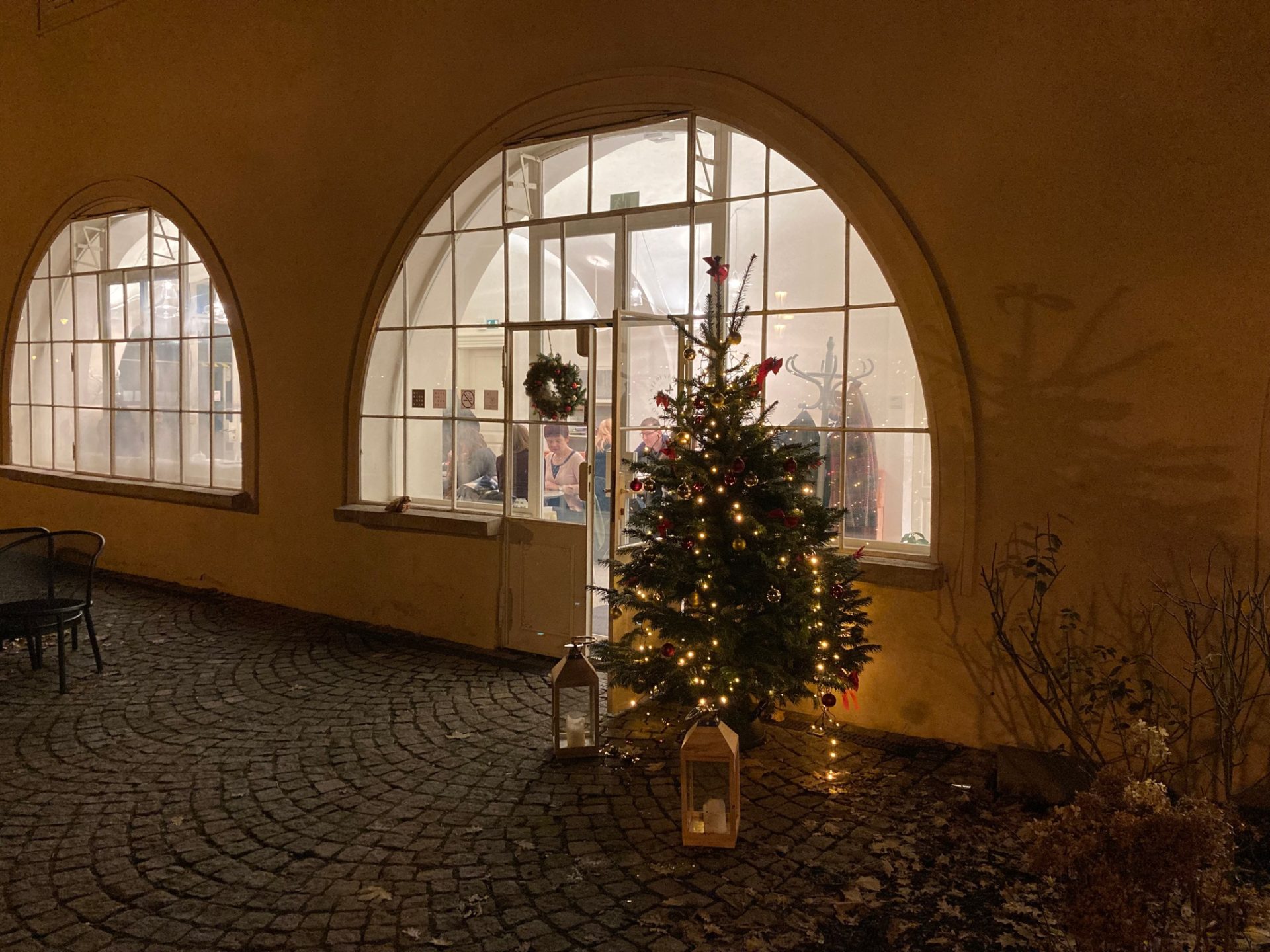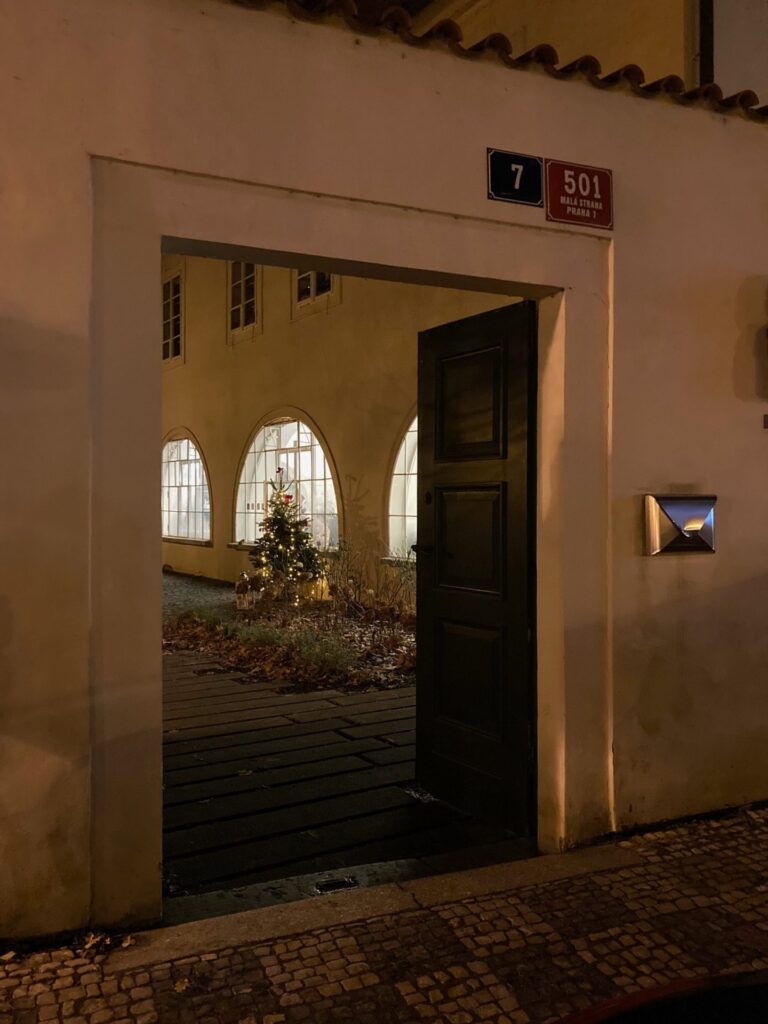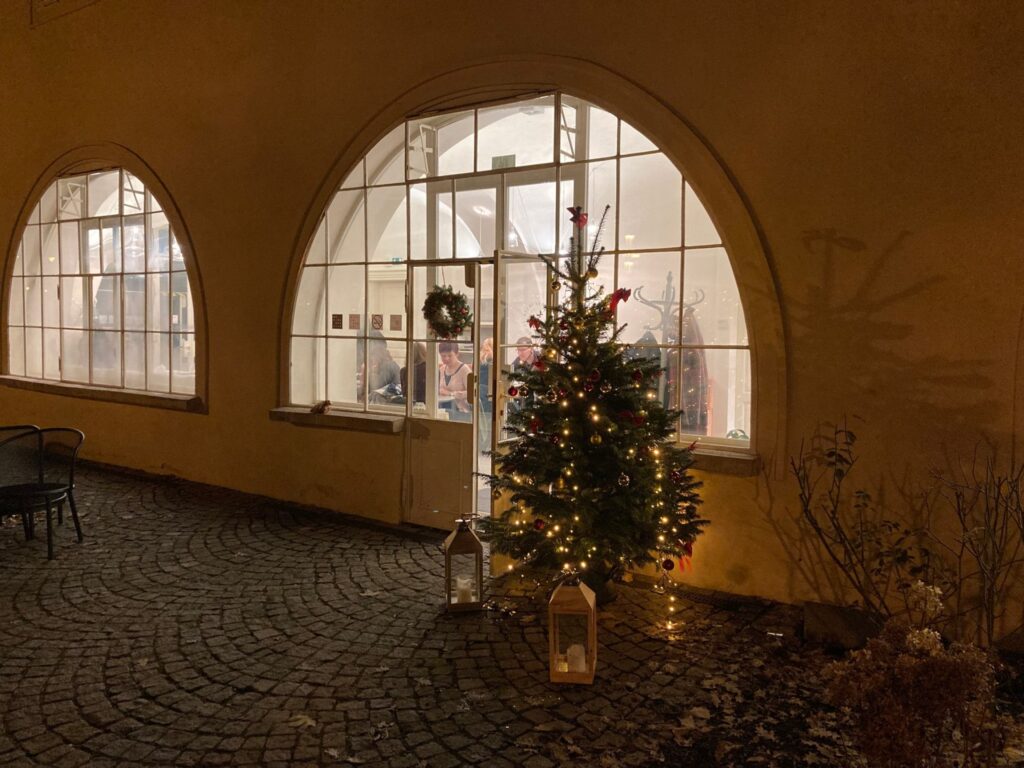“I’m supposed to take your passport, sir. I can delay it until January 9. If you don’t leave by January 9th, I’ll have to take your passport.”
Jan Werich, a Czech actor, playwright and theater director, learned this from a friendly police officer in early 1939. He wanted to warn him to emigrate quickly. (As a co-creator of the Liberated Theater (Osvobozené divadlo), which strongly opposed the rising Nazism, Jan Werich would certainly have been arrested and – as we know today – very likely sent to a concentration camp from which he would certainly not have returned.)
The weather then obstructed such a flight for many days – Jan Werich and his two co-creators, Jiří Voskovec and the composer Jaroslav Ježek, flew to the USA on 9 January 1939. During the war, they encouraged people in the Czech Republic, by broadcasting two thousand radio sketches (it should be added that those did not have much impact in the occupied country because few people heard them).
After the war, Jan Werich and Jiří Voskovec returned (Jaroslav Ježek died in 1942 in New York), but after the putch in February 1948, Jiří Voskovec emigrated a second time. In the meantime, they lived together for a while in a villa in Kampa, Jan Werich lived in it until his death in 1980.
The house was built on Kampa as early as 1510 and although it never belonged to Jan Werich, it was known as Werich’s villa in the second half of the 20th century. It was an unofficial name.
It is now officially called that. In 2002, the villa was damaged by a 100-year flood and none of the tenants returned to the house after it was repaired. Today, there is a small museum exhibition about Jan Werich in the house, lectures and cultural events are held in the attic, and there is a sweet-shop on the ground floor of the house.



































